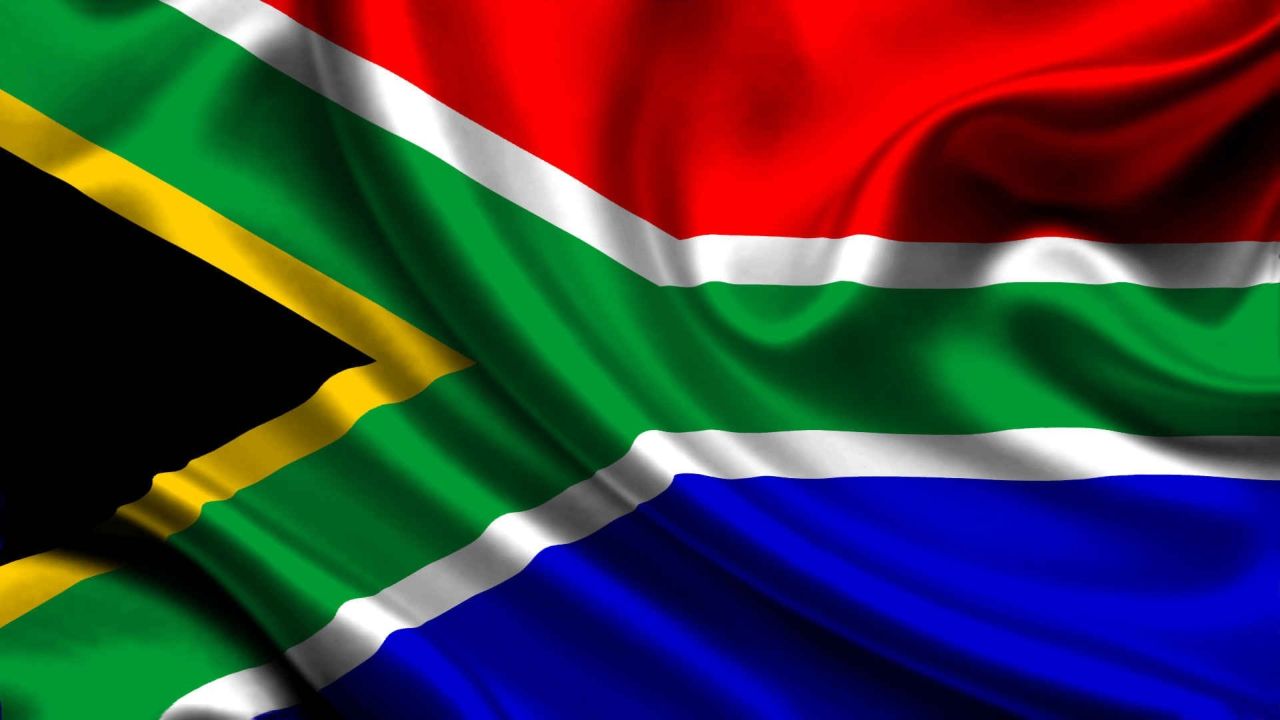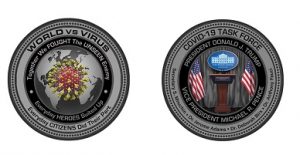| South Africa’s bewildering response to the coronavirus has sparked a run on fishing licences. Prevailing restrictions allow people to attend funerals with as many as 49 others or spend the day in a mall, yet they’re barred from setting foot on most beaches or kayaking on dams, rivers or the ocean. But for $15, a permit can be acquired from the post office that entitles them to bypass the rules if they dangle a hook in the water and pretend to trawl for dinner.
The authorities’ skewed priorities would border on amusing if the fallout from the pandemic hadn’t been so catastrophic. Almost 1.4 million people have been diagnosed with the disease, by far the most in Africa, and nearly 40,000 have died — a spread that’s been exacerbated by the emergence of a highly infectious new variant. Testing deficiencies mean those numbers are way understated, as evidenced by excess death reports.
South Africa was quick off the mark to impose a lockdown to curb the spread of the virus when it first struck in late March — a move for which it was widely lauded. Things have gone downhill ever since. Dodgy politicians and their cronies landed contracts to supply protective equipment to health workers at inflated prices. Posts have meanwhile remained unfilled in overburdened public hospitals, with staff being worked to the bone due to budgetary constraints. And while more than 50 countries have begun dispensing vaccines, including several developing ones, not a single dose has been dispatched in Africa’s most industrialized nation so far. The economy is in free-fall, all land borders have been shut and everyone is subjected to a night-time curfew, except for health-care workers. A ban on all alcohol sales has devastated the liquor industry, although it has admittedly contributed in a sharp drop in trauma cases. Homelessness — already a huge problem before the pandemic struck — has exploded, with thousands of newly impoverished erecting tents and makeshift shelters on roadsides, in parks and under bridges. President Cyril Ramaphosa says vaccines will start arriving this month and two-thirds of the nation’s 60 million people will be inoculated by year-end. With the state planning to oversee procurement and dispensing, the target could prove elusive, given its track record in tackling the pandemic so far. |




